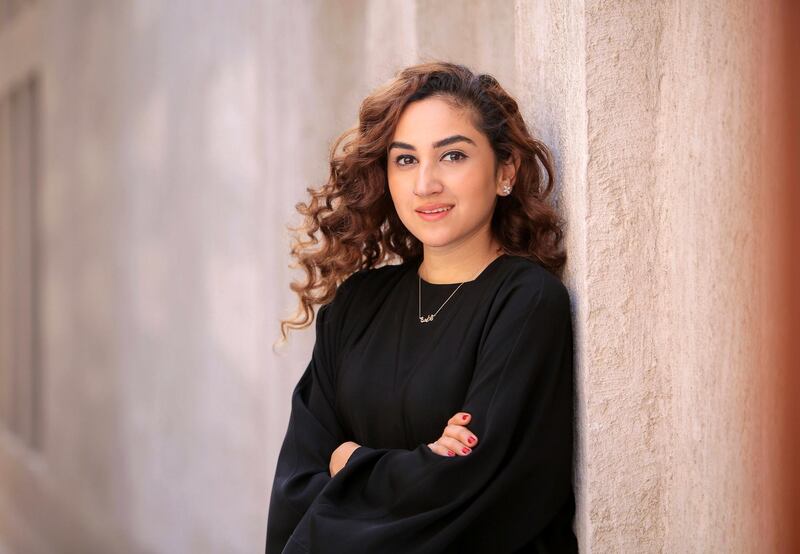It is often said a writer is nothing without their editor.
That principle also applies once the book is published.
In order to promote the work of Arabic authors within and outside the region, the Emirates Literature Foundation is looking to build an army of Wikipedia editor volunteers to share the region's literary culture with the world.
The move is part of the newly launched Kateb Maktub initiative, an ongoing campaign in which the foundation has teamed up with Google to increase the visibility of Arabic literary content online.
In announcing the project to celebrate Arabic Language Day on Friday, December 18, Emirates Airline Festival of Literature director Ahlam Bolooki outlined some of the challenges facing Arabic authors.
With only 1,500 Wikipedia pages dedicated to Arab authors, she says they lag far behind their English, German and French counterparts.
Kateb Maktoub aims to begin addressing that imbalance with a goal of publishing 15,000 Wikipedia pages dedicated to Arab authors in English and Arabic by December 2022.
Arabic workshops on Wikipedia editing are currently under way and free to sign up for on the Kateb Maktub website.
“The Middle East is the cradle of storytelling, yet today it’s hard to find information about our authors and books online,” Bolooki said. “This project will put Arab authors and literature in the spotlight, positioning them on an equal platform with other major literary powers of the world.”
The increased profile will not only capture the attention of prospective international publishers, Bolooki states, but literature festivals closer to home.
While proud that the Emirates Airline Festival of Literature has boosted its number of participating Arabic authors over the course of a decade, that growth came with its share of digital roadblocks.
“We always want to invite new talent and future stars of Arabic literature and, each year, we face the same problem,” she said. “Many of these Arab authors have no trace online. We want to see their body of work and their biographies, but the information is often lacking or of poor quality. Sometimes it is even questionable if the information is related to the right person.”
Bolooki says such a situation warrants alarm.
“If a literature foundation in the heart of the Arab world is having difficulties finding Arab authors, can you imagine how difficult it would be for regular readers to find them?” she says.
“If you haven’t heard of a book or author, you will simply not read them.”
In addition to Wikipedia, Kateb Maktub aims to boost Arab authors’ presence in online search engines.
Through a partnership with Google, training will be provided to authors, industry professionals and volunteers to maximise regional books and authors' profiles on the site and the video platform Google Cameo.
“We’re excited to be working with the Emirates Literature Foundation to enrich the web with information about the women and men who drive the region’s literary heritage,” said Google product marketing manager Basel Hijazi.
“Our work together will make it easier for anyone in the world to discover Arab writers and to find better information about them and their work in the near future.”
For more information or to sign up to workshops and programmes visit the Kateb Maktub website








